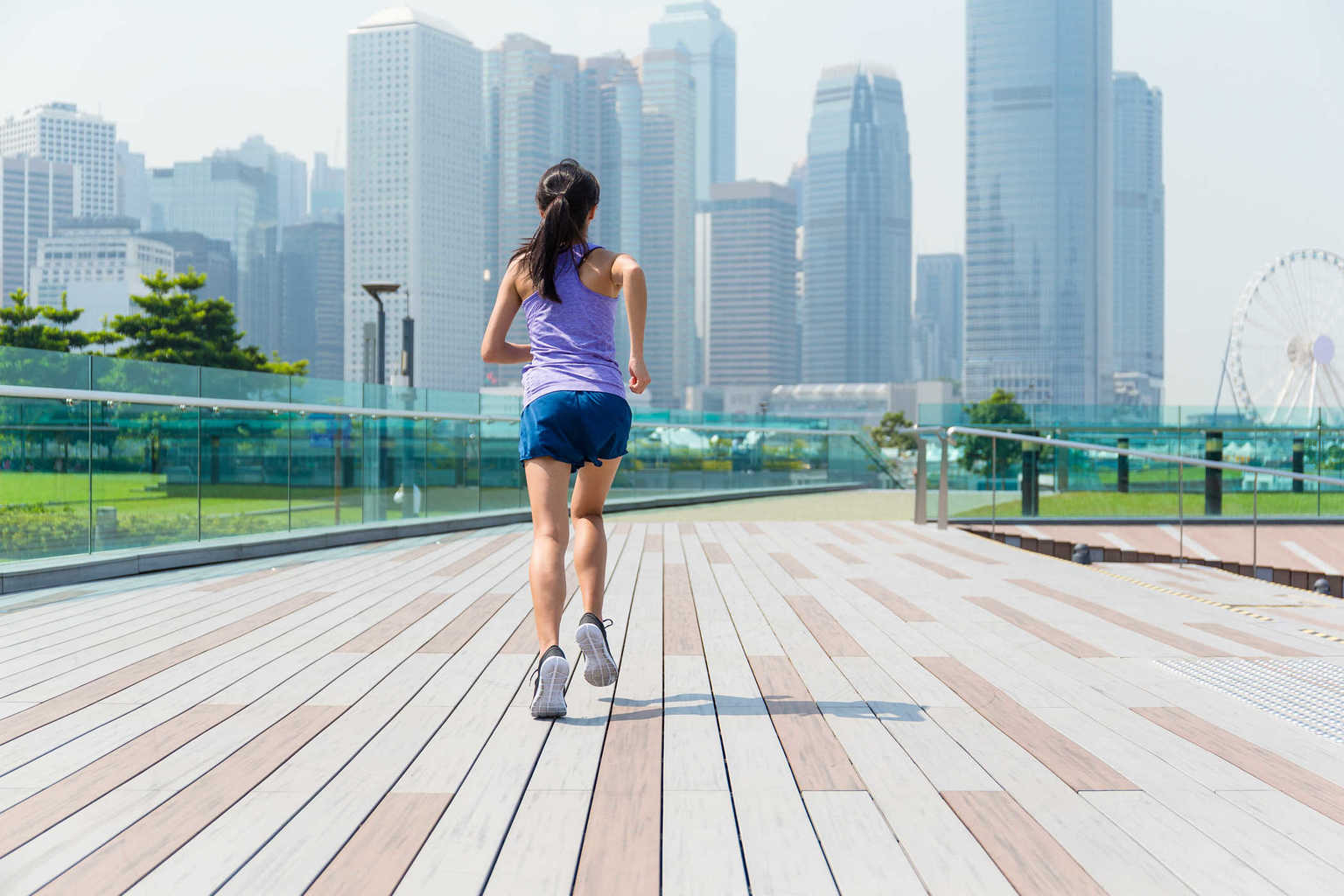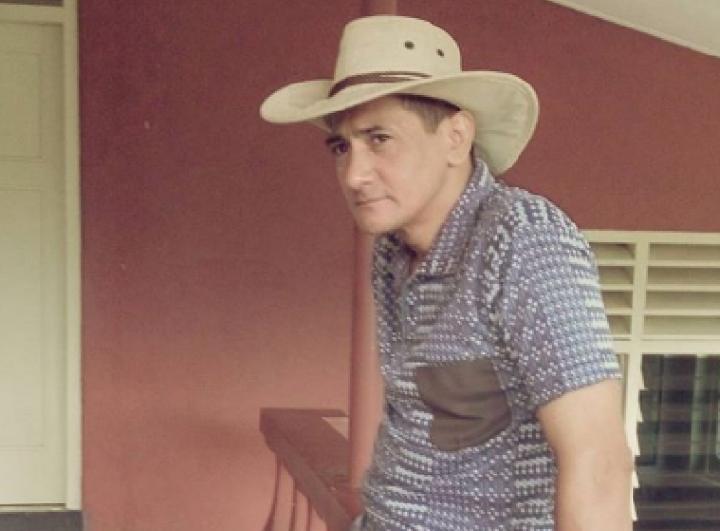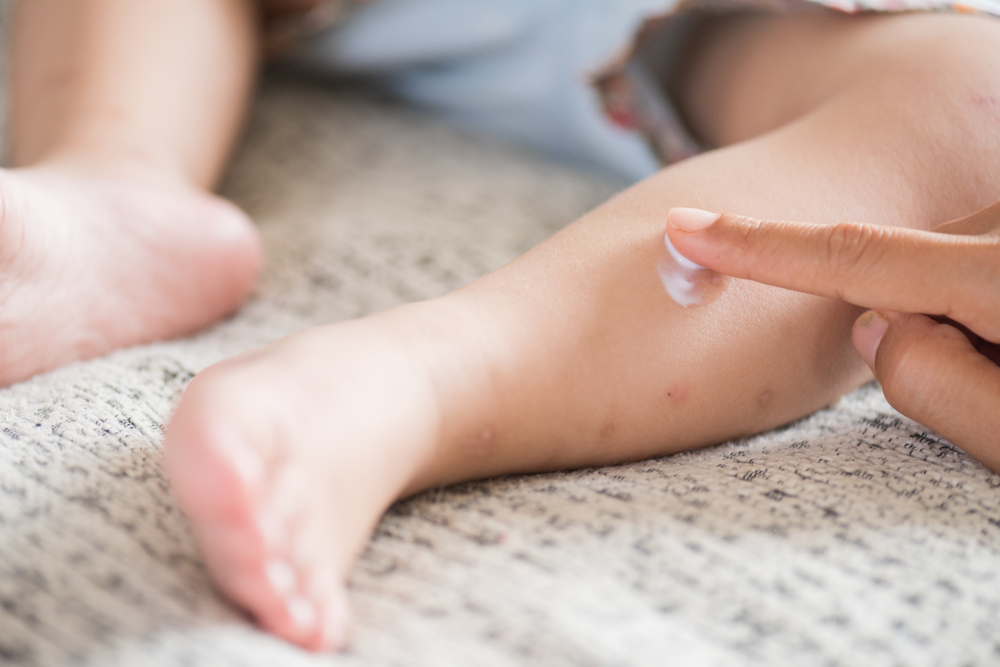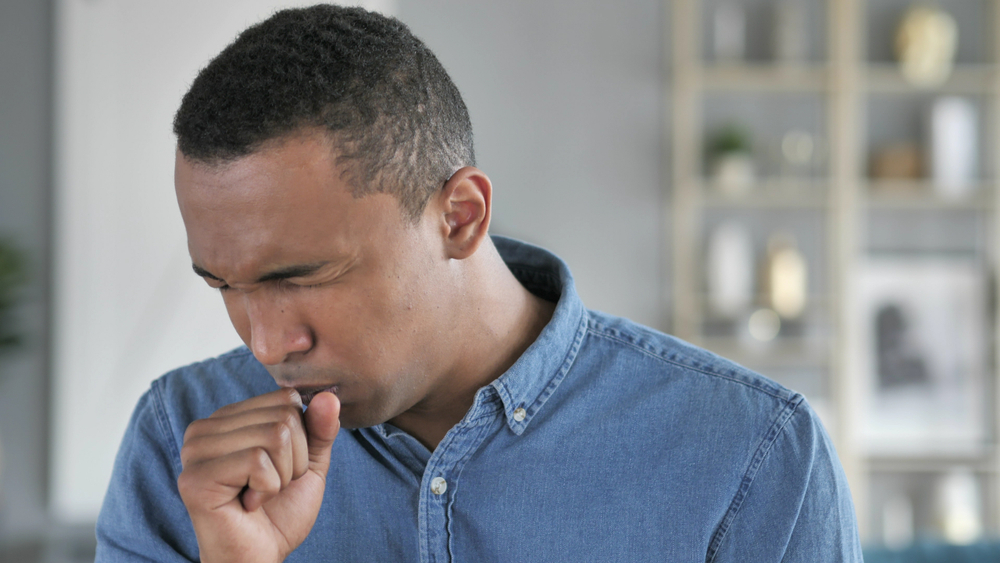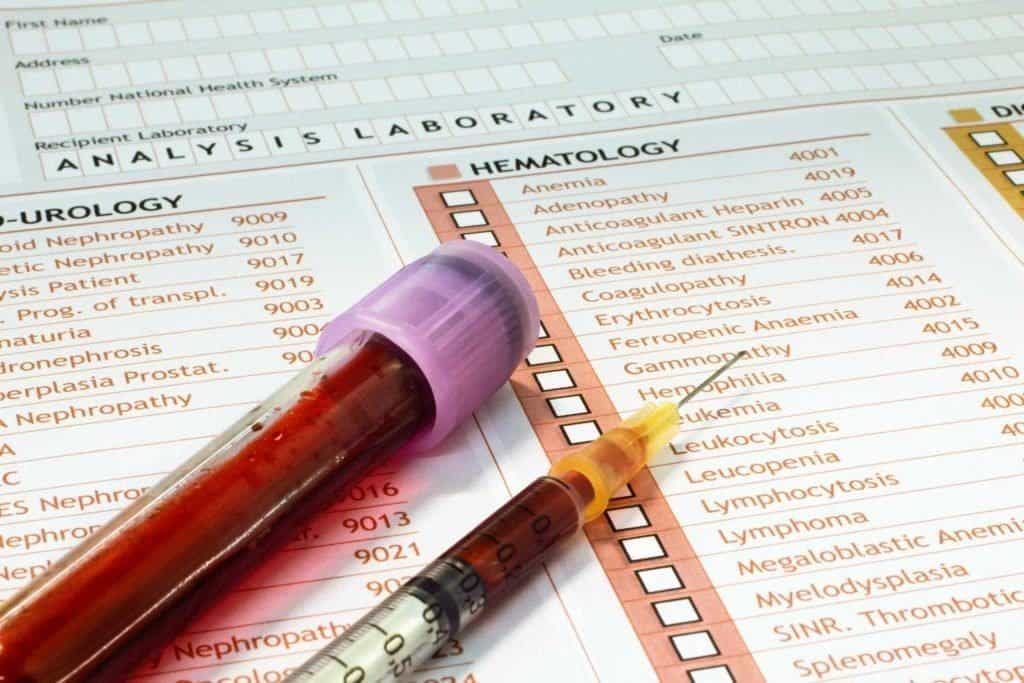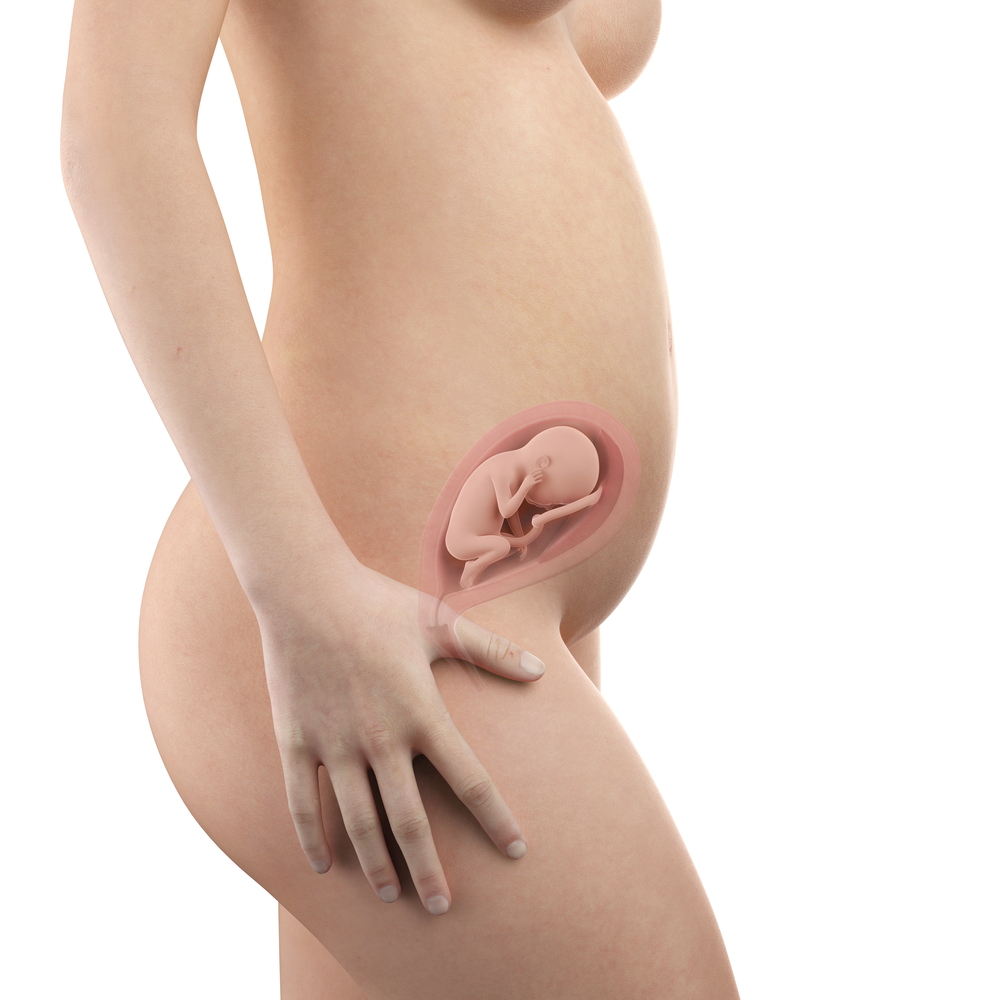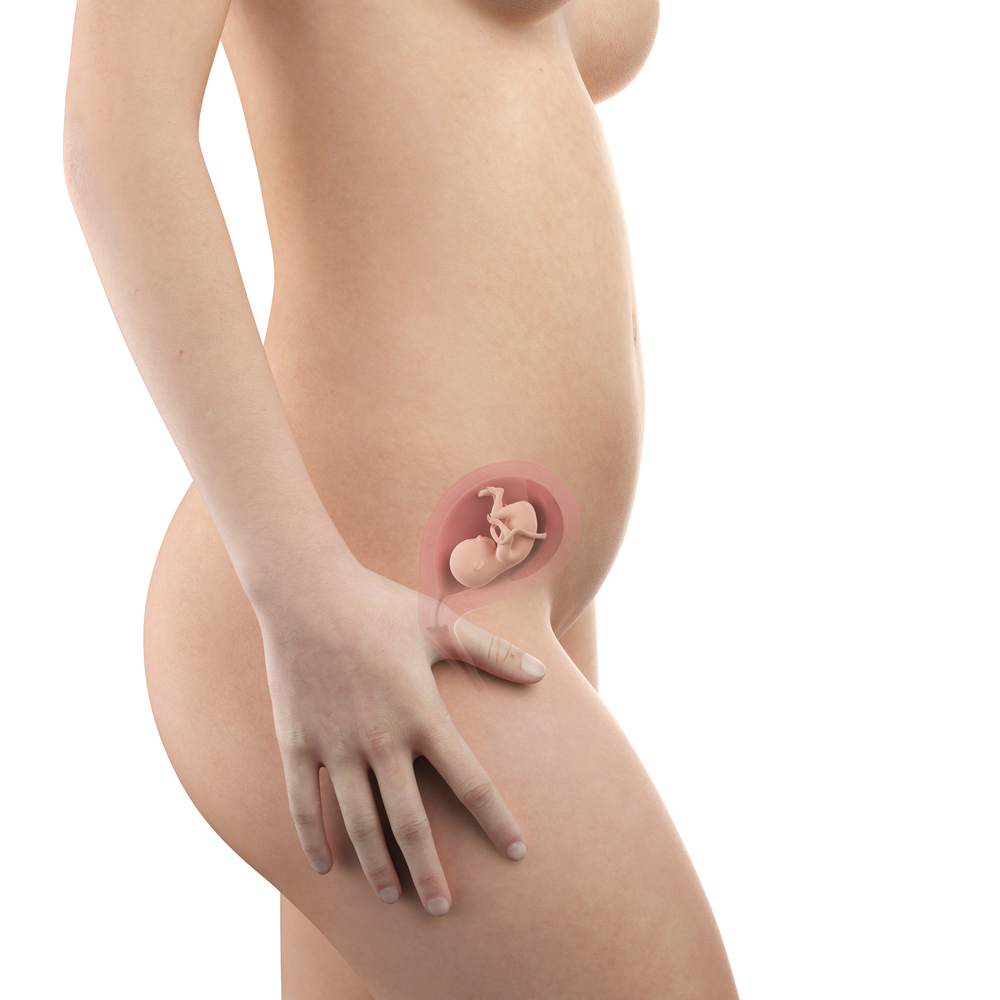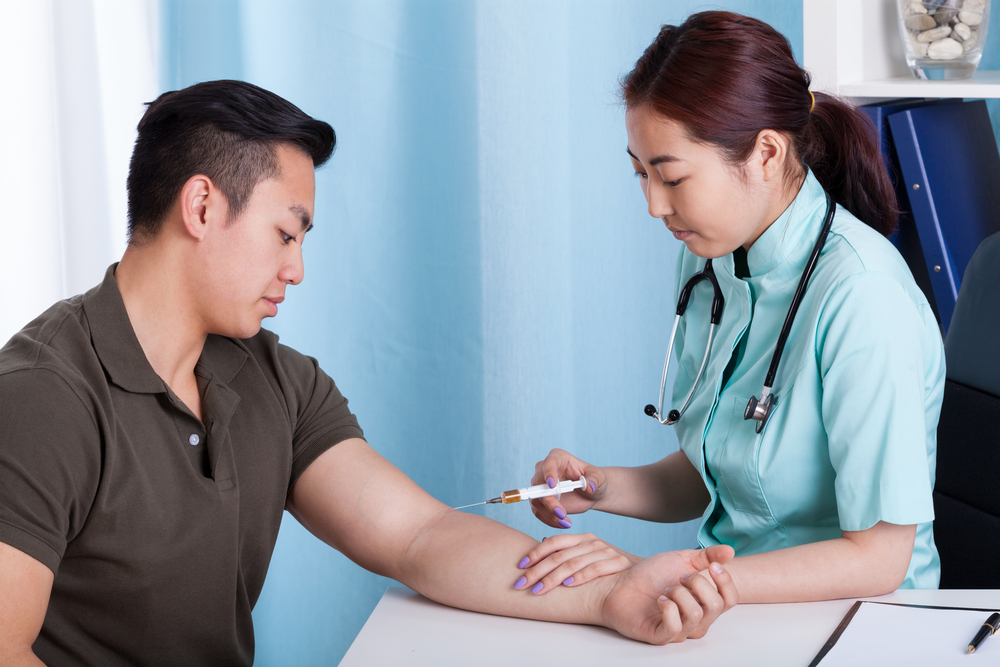Contents:
Medical Video: Connor's Story - Being diagnosed with type 1 diabetes
Regardless of the type of diabetes you have, regular physical activity is very important for your overall health.
For people with type 1 diabetes, it is very important for you to balance insulin levels with the food you eat and the activities you do. Even if you just keep quiet home or work.
Planning an appropriate exercise program and knowing your body's blood glucose response while exercising can help you keep your blood sugar levels from being too low or too high.
Prevent the lowest level
Your blood glucose response to exercise will vary depending on:
- Level your blood glucose before starting the activity
- Activity intensity
- The length of time you are active
- Changes that have been made to insulin doses
Sometimes a person has a decrease in blood glucose during or after exercise, so it is very important to monitor your blood glucose, take appropriate precautions, and be prepared to treat hypoglycemia (low blood sugar).
To learn how daily activities affect you, you should often check your blood glucose before, during, and after a sports session.
Experiment trial and error. For example, moderate exercise can mean you need to reduce the dose of insulin or eat some extra carbohydrates before exercising to keep your blood glucose within a safe range. Some activities can cause your blood glucose to drop rapidly, while others don't.
If your blood glucose level is down before exercise, eat a snack before exercise. Always bring carbohydrate foods or drinks (such as juice or glucose tablets) that will quickly raise your blood sugar. Maybe you need time to find out what's best for you.
If your blood glucose level is less than 100 mg / dL before you start your activity, try snacking on small carbohydrates (about 15 grams) to increase blood glucose and reduce the risk of hypoglycemia. It is important for you to anticipate that your body's insulin circulation rate will be higher during the time you exercise, and if you will exercise for more than 30 minutes.
If you use an insulin pump, you might be able to avoid adding extra food by lowering your basal insulin level during your activity.
When your blood glucose is high
Blood glucose can also increase high during or after exercise, especially when you do high-intensity exercise that increases stress hormones.
If your blood glucose is high before starting exercise, check blood or urine to see if there are ketones. If a ketone is positive, avoid heavy activity.
If you don't have a ketone in your blood or urine and you feel good, then it's a good sign for you to exercise.
The role of your doctor
Your health team can help find a balance between exercise, food, and insulin.
When you do your own testing to find out how you react to different sports, keep a record of these observations, along with your glucose test results. Doctors can use the data and make adjustments for you.
If you experience very low or very high glucose numbers, they may need to change insulin doses or make changes in your eating plan.

